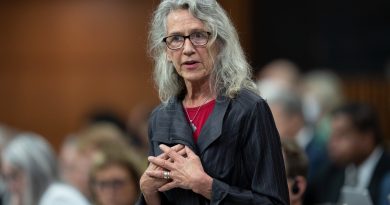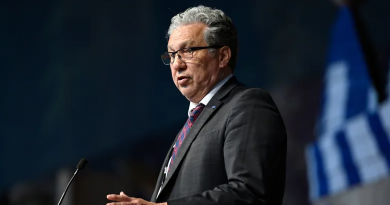Osmos iPad game translated into the Inuit language
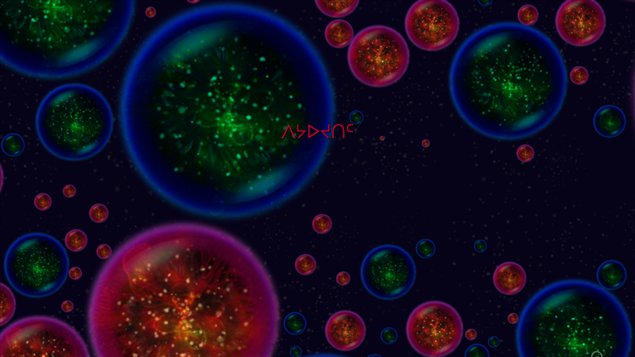
(Pinnguaq)
Ever wondered how to translate ‘Mote’ into the Inuit language?
What about ‘biosphere’?
Those were just some of the challenges faced by a Canadian company as they undertook that Inuit language translation of the popular Osmos video game.
The prize-winning game was originally developed by Canadian company Hemisphere Games and won Apple’s iPad game of the year award in 2010.
This week, the game made the news again with the launch of an Inuit language version on June 20.
Pinnguaq, a company based in Canada’s eastern Arctic territory of Nunavut, pitched the idea to Hemisphere Games and oversaw the translation process.
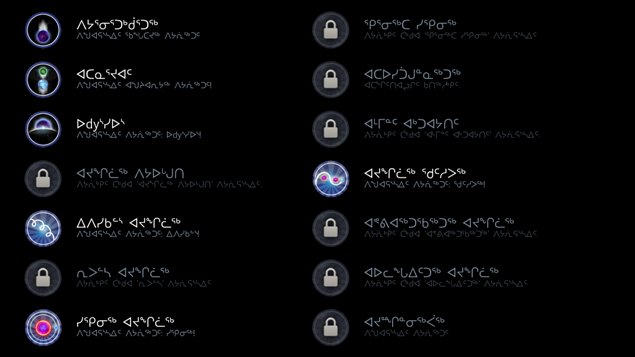
Bringing communities together
But with Nunavut’s multiple Inuit language dialects and pronunciations, it was no easy task.
Pinnguaq relied on a crowd-sourcing technique to begin the translation.
All 311 terms used in the game were uploaded into a data base in the form of an online quiz. The site was available to anyone in Nunavut so they could give their suggestions for translating the vocabulary into their own dialect.
At the end of the process, 88 people, representing almost every community and dialect in the predominantly Inuit territory, had contributed their thoughts and suggestions.
Ryan Oliver, Pinnguaq’s director, says the crowd sourcing aspect of the translation reflected the inclusive nature of Inuit culture.
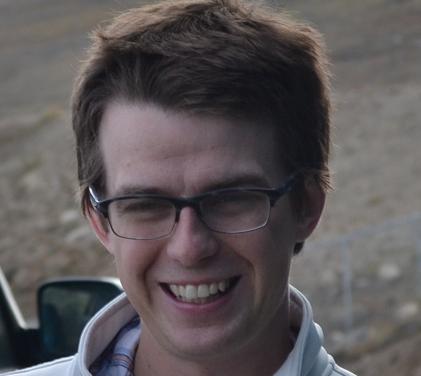
“Inuit, for as long as they’ve existed, have existed around this idea of consensus decision making and group work as a way of moving forward.|
“It was important for me to embrace that quality in the development.”
The painstaking process continued by testing the Inuit language version with unlingual Inuit elders and other locals in Pangnirtung.
Oliver hopes this is just the first step in exposing Nunavut youth to jobs in gaming.
“This is a step to say to kids ‘Look, this is an industry that is actually reaching out to you and that you can be involved.’ I want to make kids aware that you can reflect your culture in gaming. You can tell your own stories and, especially in this country, there’s an industry that is ready to listen and play with you and be part that.”
To listen to my conversation with Ryan Oliver about the project, click here
Related Links:

